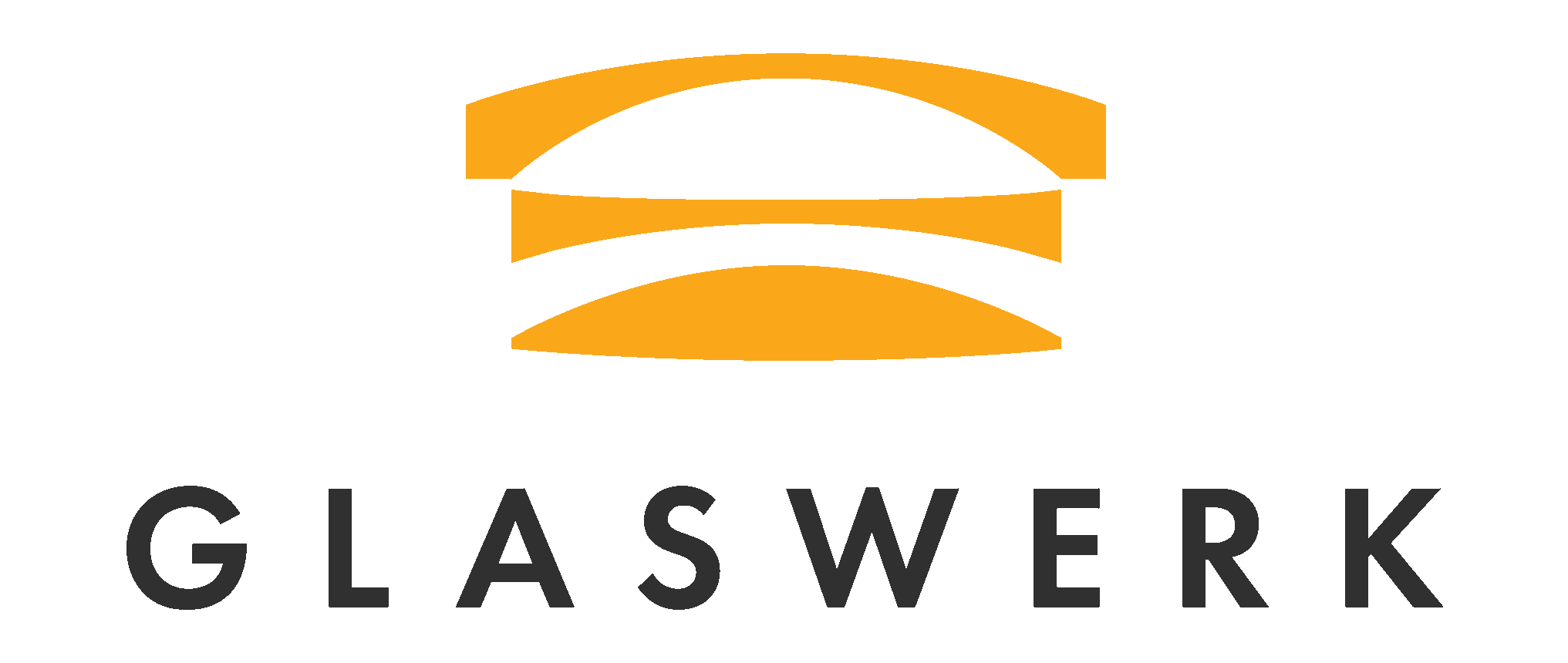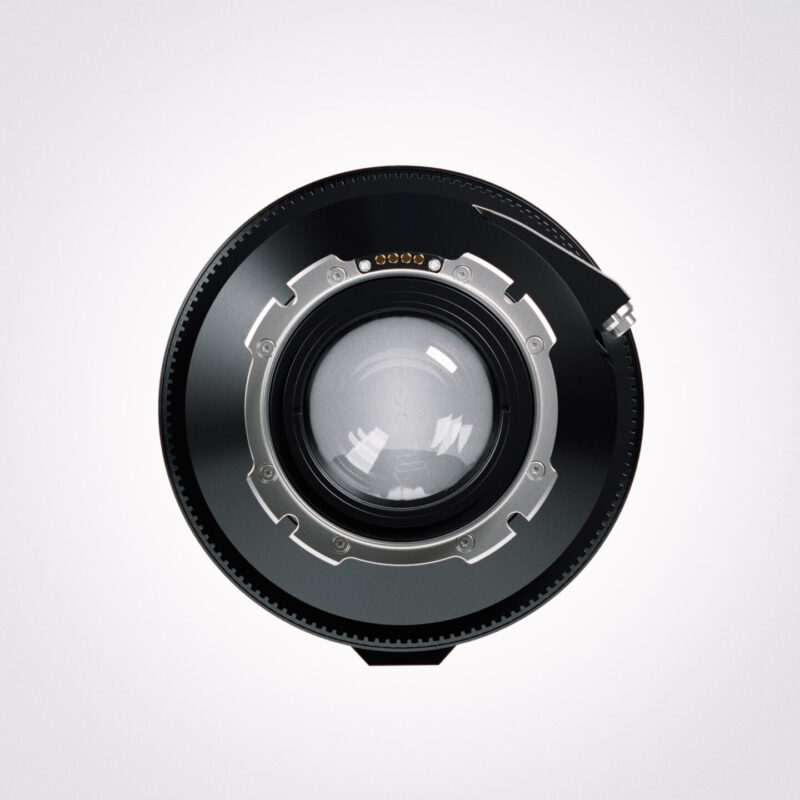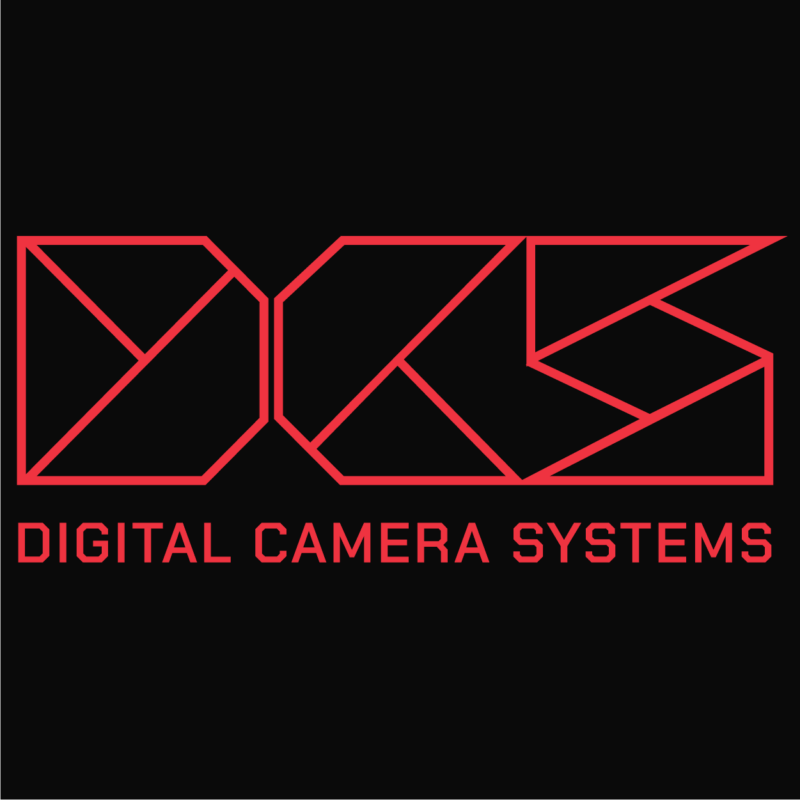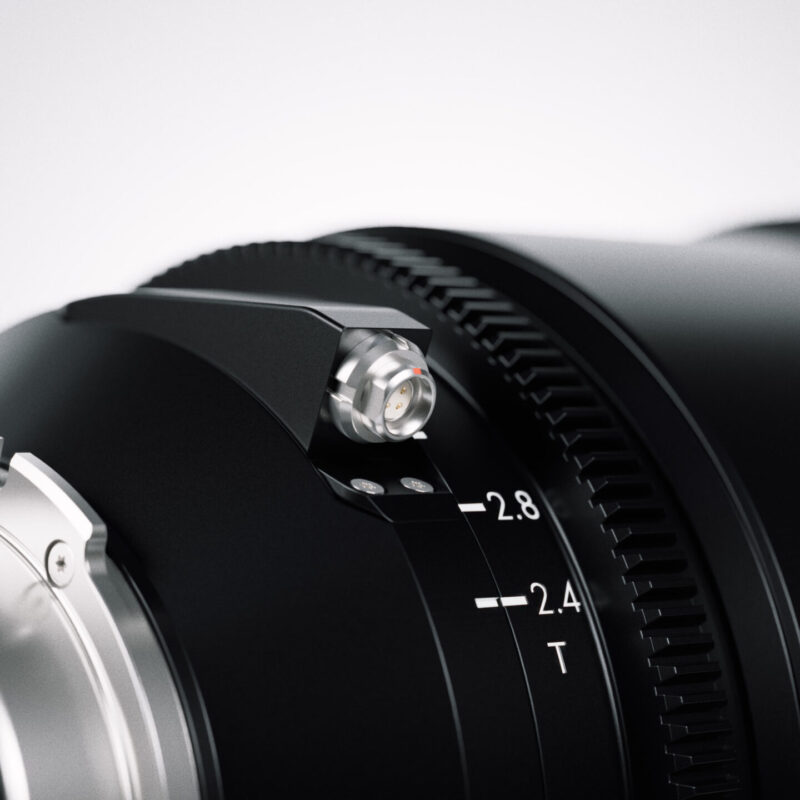New Standard - Fully Established
Over the last two decades, lens metadata has become an increasingly important tool to enhance post-production workflows and reduce cost and labor. While basic metadata like focus distance, iris, and focal length is crucial, additional features such as shading and distortion data are becoming more common.
Glaswerk integrates DCS’s comprehensive metadata standard, ensuring excellent compatibility with ARRI, SONY, and RED cameras for optimized on-set workflows, particularly in virtual production, and providing comprehensive, easy-to-use data for post-production.
METADATA
WHAT IS METADATA
Lens metadata is digital information from a lens, typically transmitted via lens communication protocols or stored in camera files for each frame through electronic connections between lens and camera.
BASIC METADATA
Lens metadata provides real-time focus distance, iris, and focal length information for camera assistants, enables accurate virtual production alignment, and ensures VFX teams capture necessary data for seamless post-production integration and shot matching.
FUTURE PROOF
Current and future productions require a protocol that is easy to implement and extend, supporting lens and positional data, along with features like distortion, shading, vignetting, tint, and color shift for comprehensive metadata integration.
DCS INTEGRATION
DCS
DCS is a UK-based technology company specializing in optical data standards and metadata solutions, driving innovation in lens and camera integration for virtual production, VFX, and advanced cinematography workflows worldwide.
THE PROTOCOL
DCS’s protocol will become freely available, supporting basic, advanced, and future metadata features. Glaswerk is the first lens manufacturer to integrate it and has contributed to developing its advanced lens-specific capabilities.
WIDE INTEGRATION
DCS metadata is widely supported by Unreal Engine, ARRI, SONY, and RED cameras. For cameras without native support, the DCS LDT device converts and forwards metadata in real time for seamless integration.
CONNECTORS
LPL Mount
The standard 4-pin pogo connector enables easy data transmission to the camera, while the DCS protocol ensures safe operation without interfering with cameras that do not natively support DCS.
LEMO Connector
DCS and other devices can connect to the lens’s LEMO port to receive metadata for conversion to cameras lacking native DCS support and/or for wireless transmission to an Unreal Engine server for virtual production workflows.
WIRELESS
The DCS protocol is designed for low bandwidth, enabling wireless transmission on set via the DCS LDT device. Even large data, like anamorphic distortion parameters, can be transmitted efficiently without impacting performance.
